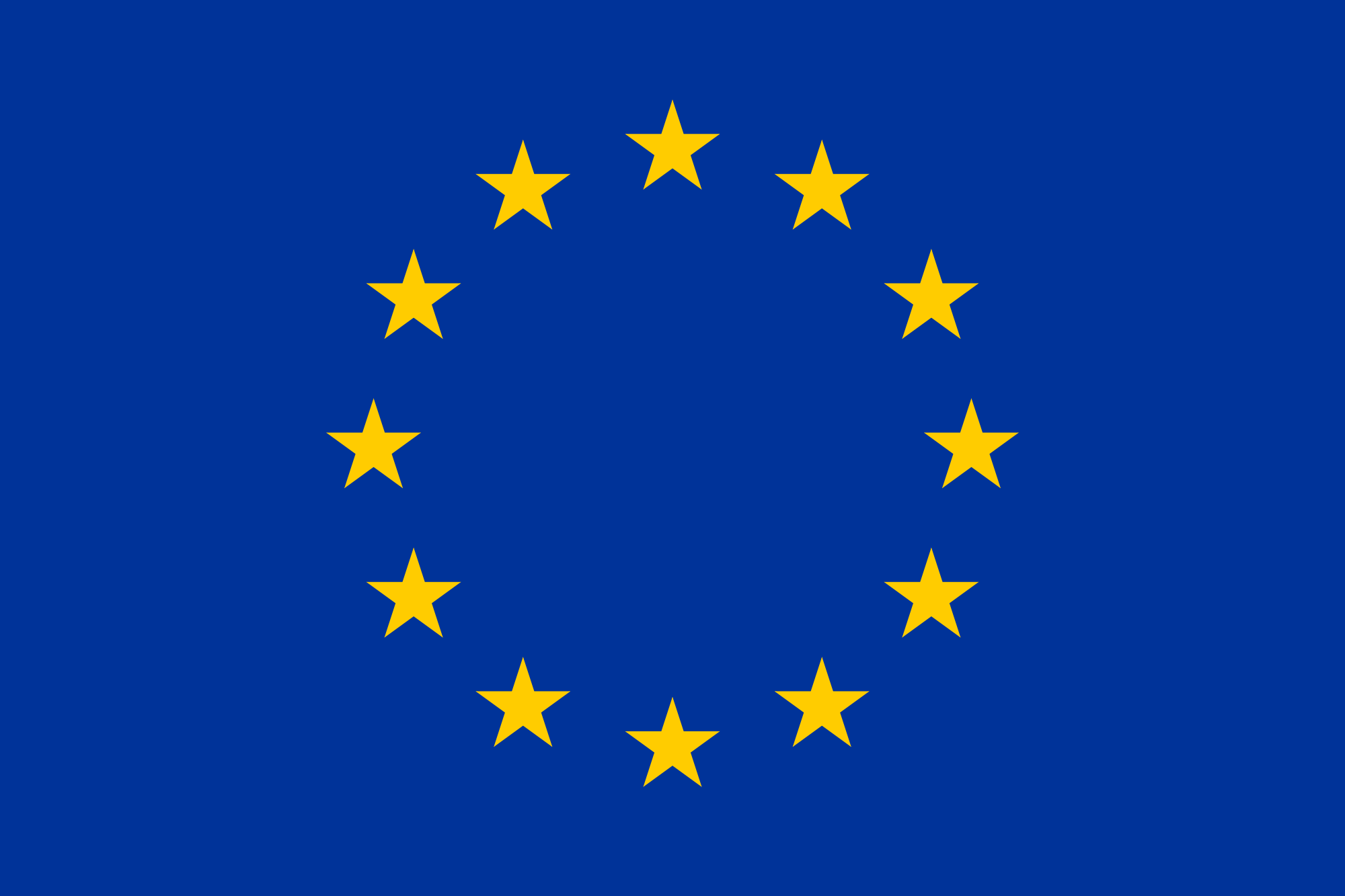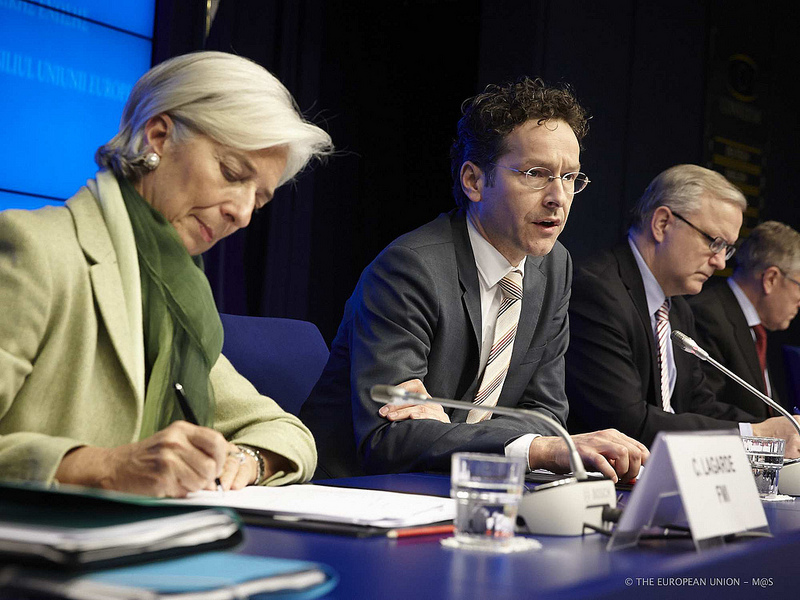EU leaders gathered in Brussels on Monday for more ritual banging of the euro-austerity drum, with 25 of the 27 member states agreeing to the Germany-inspired ‘fiscal compact’ treaty – to be signed in March (only the Czechs joining David Cameron in sitting on the sidelines). With the new treaty commitment to outlaw expansionary – Keynesian – economic policies, it was another bleak day for European democracy.
Some had hoped that the summit’s focus on growth and unemployment, especially youth unemployment, meant the Europe’s top politicians were finally recognising Europe’s deepest problems – and might even take action. But it was a bleak day too for the unemployed with a tired rehash of free market policies in the summit statement and no new money.
Taking economic policy out of democratic politics
The big message from the end-of-summit press conferences was that Germany had got the austerity treaty it wanted. Angela Merkel, at her press conference called it “a good result”. After a token mention of the problem of 21% youth unemployment across the EU, she dwelt at length on the fiscal compact treaty, emphasising in particular that the limits, or caps, on national budget deficits would be enshrined in constitutions and national law and would be “eternally valid”. This, for Merkel, was a crowning achievement – mere elections and changes of government would not be able, she insisted, to change these laws: “when a majority in a parliament changes, you cannot make those [budget] caps no longer valid.” And the budget caps will be enforced by the European Court of Justice.
This sweeping agreement to move a central economic policy choice – argued over by politicians and economists alike for much of the last 80 years – out of the remit of democratic politics is an extraordinary moment in European politics. If Obama and the US were bound by EU rules, the mildly Keynesian policies that are allowing the US economy to grow while the EU hits recession would be illegal.
Closer to home, if Francois Hollande wins in France’s presidential elections this May, he has committed to renegotiate the treaty – which is not expected to have passed the French National Assembly before the elections. So a potentially explosive political clash looms. Nor is Angela Merkel keeping her irritation at Hollande’s views under wraps. Rather, she has said she will join Nicolas Sarkozy at some key moments on his domestic campaign trail – a most unusual intervention in another member state’s democratic election campaign, and one that may not amuse French voters.
Even before the summit, a German paper had leaked suggesting that a ‘budget commissar’ should take control of Greek budget, tax and spending decisions since Greece was not adequately implementing agreed reforms. This technocratic European disregard for national democracy was a step too far – provoking not only fury in Athens, but criticism from other member states with Sarkozy publicly rejecting the approach, and Merkel rapidly distancing herself from the idea. But this defence of Greece’s national politics – already severely intruded on in the last two years – did not extend to any resistance to the fiscal compact treaty.
A Faustian Deal
While the new fiscal compact treaty was clearly driven through by Germany, 24 out of the other 26 member states have signed up, even those not yet in the euro or like Denmark who have an opt-out.
This is some sort of Faustian deal. Many question the relevance of the fiscal compact in solving the euro crisis but see the compact as vital if Germany, and the European Central Bank, are to agree to put forward enough cash to firmly establish, and increase, the size of the EU’s bail-out fund, keep the euro afloat and so rescue the EU as a political project. Even those not in the euro want to be at the heart of the EU political process and so they signed up too. There would have been little surprise if Sweden and Hungary had joined the Czech Republic in not signing the treaty (they had been uncommitted at the December summit) but their political choice was clear – not to be in the slow-lane of any future European Union.
So the sell-out of European democracy is a collective affair, the responsibility of 25 and not just Germany alone.
Nothing for the Unemployed
In a short seven-page statement, the EU’s 27 leaders – Cameron included – promised to do more to promote growth and employment. In a piece of newspeak that Aldous Huxley would have pounced on the statement is called “Towards growth-friendly consolidation and job-friendly growth” – a more accurate translation of which might be ‘towards growth-unfriendly cuts and austerity, and unemployment-creating recession’.
There is no new money – just the possibility that up to €20 billion of so-far ‘uncommitted’ funds may be spent on ’employment-boosting’ projects. The austerity cuts across Europe are taking hundreds of billions of euro out of the European economy, pushing the eurozone into its second recession since 2008. Hundreds of billions are being committed in loans to Greece, Ireland, Portugal and to the overall EU bail-out fund. But instead of a big green ‘new deal’ to boost employment and growth, the EU’s 27 leaders offer a recycling of €20 billion and a mish-mash of policies and goals that have peppered EU statements on employment for the last two decades or more to little effect.
There are calls for labour market reform, for lower labour costs (ie lower wages), for ‘renewed efforts’ to get school leavers into training, for better use of an existing EU jobs website to ‘facilitate the cross-border placement of young people’. This is paltry, mainly neoliberal gruel. There is no new thinking, nothing to stimulate growth, nothing to give some hope to the 23 million unemployed – and those who will join them as the recession deepens.
When will democracy rebound?
Prospects for now are bleak. But European democracies are not weak fledglings. Treaties can be revoked, constitutions and national laws changed and challenged. One day, Angela Merkel will find that the budget limits in the fiscal compact treaty are not at all “eternally valid”. The big questions are when and how these economically and socially-destructive policies will be overturned.
Kirsty Hughes is senior associate fellow, Centre for International Studies, University of Oxford. This blog was first published on Open Democracy.net








No Comment